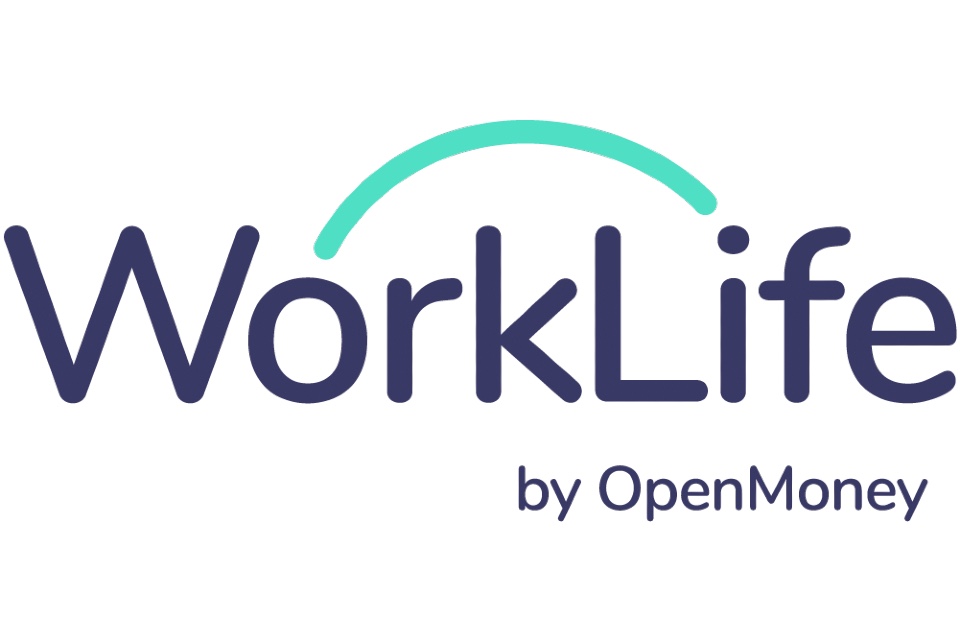Small businesses can’t seem to catch a break. As if two years of COVID restrictions weren’t hard enough, the cost-of-living crisis has brought with it yet more pain and shows no signs of abating.
As part of our latest Small Business Monitor research [1], we took the views of senior SME decision makers across the UK. Some 64% told us high inflation would have a bigger effect on their long-term business growth than COVID-19 (22%) or Brexit (11%).
So, what are firms doing to tackle this urgent issue?
It’s a mixed bag. Cost-cutting (32%) and price rises (32%) are set to be the most popular means of offsetting high inflation over the coming months. Nearly a quarter (23%) of SME decision makers are putting plans to invest in the business on hold, while 12% are planning to scrap them altogether. Ending office use (15%) and giving up office space (15%) are part of the plans of a sizeable minority.
In respect to employee needs, the outlook from SMEs varies drastically. Some 16% plan to increase salaries and benefits over the next few months, while 14% intend to offer staff increased hours. But in sharp contrast, 16% are looking at reducing employee hours, not paying bonuses (12%), reducing pay (11%) and not paying salary increases (10%), which means there could be bad news in store for some workers.
The upshot of all of this is that, despite the deep concerns decisionmakers have over the issue of inflation, once again SMEs have risen to the challenge of adapting to overcome its impact.
Though it’s concerning to see the threat of redundancy and pay cuts lingering for some workers, the number of firms who have focused their response to rising inflation and bills on employee needs, rather than simply trying to cut back costs or claw back the additional outlay, is enormously encouraging.
Offering targeted rewards and support to employees now could have a significant impact on long-term motivation and loyalty, especially for those firms whose operating costs will be hardest hit and may not be able to afford pay increases or bonuses.
The Small Business Monitor will be available from November. Should you wish for a copy to be sent to you, please email enquiries@worklifebenefits.uk.
If you would further information on how you can support your customers during this difficult time, visit www.worklifebenefits.uk.
[1] WorkLife’s Small Business Monitor is based on research carried out by 3Gem among 750 senior financial and HR decision-makers in UK SME companies with 5 – 250 employees. Fieldwork for the Summer report took place between 17-26 August 2022.






